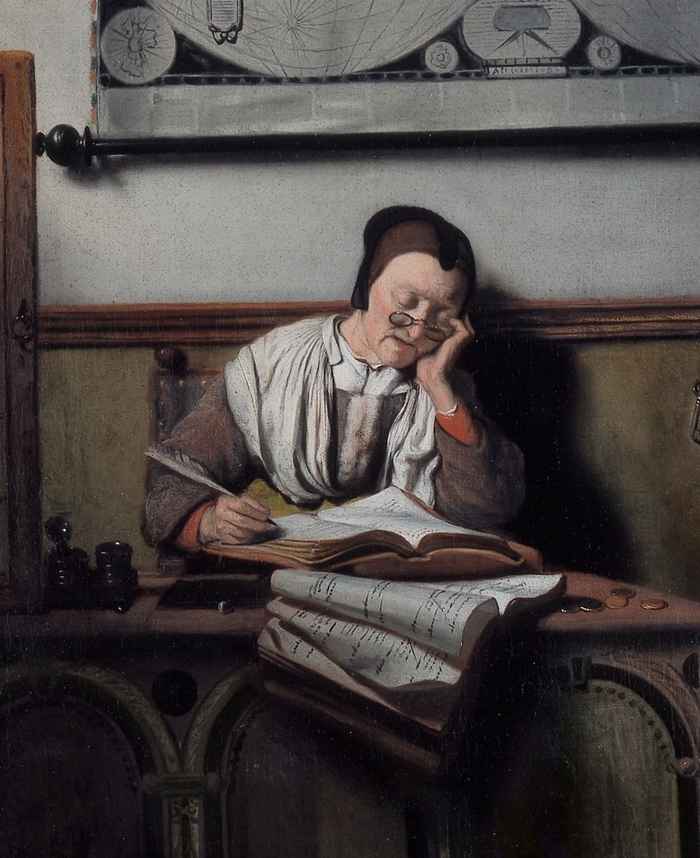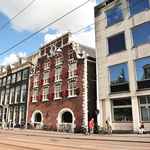Vossius Seminar
- Date
- 24 April 2023
- Time
- 15:30 -17:30
- Location
- University Library
- Room
- Vondelzaal
15:30 - 16:30 Claudia Cristalli (Tilburg University)
A “careful examination of all kind of phenomena”: Methodology and Psychical Research at the end of the Nineteenth Century
What does psychical research teach us about the development of control strategies, not only in terms of improved experimental settings but also as criteria for data collection and interpretation? In this paper, I explore this question with the help of three historical cases: (1) Michael Faraday’s 1853 experiments on table turning, (2) Robert Hare’s Experimental Investigations on Spiritual Manifestations (1855), and (3) the later attempts at analysing telepathic phenomena statistically, as it was theorized by Edmund Gurney (1884, 1886) and criticized by Charles S. Peirce (1887). These cases do not aim to exhaust the topic of psychical research and of its methodological issues, but rather to point at methodological ideas as they emerge from the actors’ strategies and practices. Eventually, psychical research allows to investigate such methodologies all while acknowledging that their framing happens on the backdrop of religious, social and institutional concerns.
16:30 - 17:30 Kim Hajek (Vossius Fellow)
Writing a Talking Cure: Psychotherapeutic Case Histories in Francophone Europe Around the Turn of the 20th Century
My project explores what therapeutic case-writing did and does for medico-psychological knowledge, for doctors, and for patients. At issue here is not diagnosis, but cure; not doctors’ private notes, but case histories published in medical periodicals or monographs. Could such texts capture and disseminate the essence of a therapeutic method? Could one learn to become an effective (psycho)therapist by reading them? Cases of psychotherapy are ideal for examining such questions, since ‘psychotherapy’—newly coined in the 1870s—first gained prominence in France as a synonym for healing with words. Simple words might seem straightforward to record in print, whether they be hypnotic suggestions uttered by Hippolyte Bernheim or the reasoned dialogue of Paul Dubois. Nonetheless, we find much surprising absence of curative talk in cases emerging from three major centres for psychotherapy: Nancy, Amsterdam, and Berne. My analysis aims to illuminate psychotherapeutic practices by their practitioners by careful attention to the textual dynamics of their case-writing.

